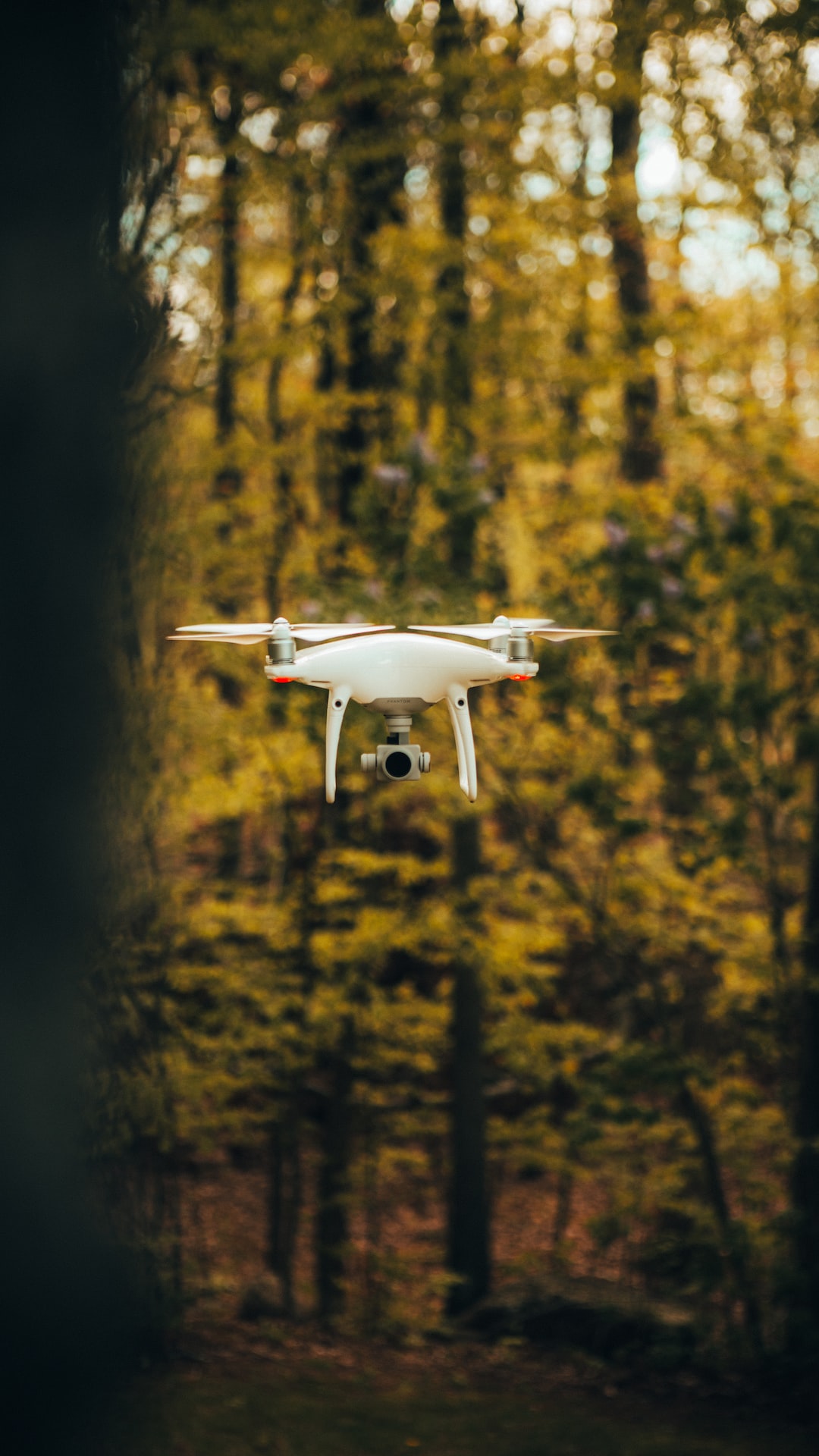The Role of Artificial Intelligence in Improving Production Performance
In today’s rapidly advancing technological landscape, one of the most notable innovations that has revolutionized industries is artificial intelligence (AI). AI has made significant strides in various aspects of our lives, including transportation, healthcare, and entertainment. However, one area where AI has truly shined is in improving production performance. From streamlining processes to optimizing efficiency, AI has proven to be a game-changer for manufacturers worldwide.
One of the key contributions of AI to production performance is its ability to automate mundane and repetitive tasks. Traditionally, these tasks required significant human effort, resulting in time-consuming and error-prone processes. With the implementation of AI, robots and machines equipped with advanced algorithms can perform these tasks flawlessly and without fatigue. This not only reduces the risk of human error but also frees up valuable human resources for more complex and strategic roles, ultimately enhancing productivity.
Moreover, AI-powered systems have the capability to analyze vast amounts of data in real-time, enabling manufacturers to make data-driven decisions. By collecting data from various sources such as sensors and machinery, AI algorithms can identify patterns, predict maintenance needs, and anticipate potential breakdowns. This predictive maintenance approach helps prevent costly downtime and ensures equipment operates at peak performance. Additionally, AI can provide insights into demand forecasting, allowing manufacturers to optimize inventory levels and meet customer requirements efficiently.
AI also plays a crucial role in quality control processes. By leveraging computer vision and machine learning algorithms, AI systems can inspect products for defects or variations with unparalleled accuracy and speed. This eliminates the need for manual inspection, reducing the likelihood of missing defects or inconsistencies. AI-powered quality control systems not only enhance product quality but also save time and resources in the production process.
Another area where AI has made significant contributions is in supply chain management. With the ability to process large amounts of data, AI algorithms can analyze supply chain patterns, identify bottlenecks, and suggest improvements. This optimizes inventory levels, reduces lead times, and enhances overall supply chain efficiency. Additionally, AI-powered chatbots can handle customer inquiries and provide real-time updates on order status, improving customer satisfaction and reducing the burden on customer service teams.
AI is also revolutionizing the concept of smart factories, where interconnected machines and systems work together seamlessly. Through the Internet of Things (IoT), machines equipped with sensors can collect and share data in real-time, enabling a synchronized and efficient workflow. AI algorithms can then analyze this data and optimize operations, ensuring that each machine is working at its highest capacity while minimizing waste and energy consumption.
While AI undoubtedly offers numerous benefits for production performance, it is important to acknowledge and address its potential challenges. One such challenge is the need for upskilling and reskilling the workforce. As AI automates certain tasks, it is essential for employees to develop new skills to adapt to evolving job roles. Governments, educational institutions, and industries must collaborate to provide training programs and resources to equip the workforce with the necessary skills for an AI-driven future.
Furthermore, ethical considerations surrounding AI in production must be addressed. As machines become more autonomous, there is a need to establish guidelines and regulations to ensure transparency, accountability, and fairness. Ethical frameworks should be developed to prevent biases in AI algorithms and to ensure that decision-making processes prioritize human values and interests.
In conclusion, the role of artificial intelligence in improving production performance is undeniable. From automating tasks to optimizing supply chains, AI has the potential to revolutionize the manufacturing industry. However, with this increased reliance on AI, it is crucial to address challenges such as upskilling the workforce and addressing ethical concerns. By harnessing the power of AI while maintaining a human-centered approach, manufacturers can truly unlock the full potential of AI in improving production performance.

